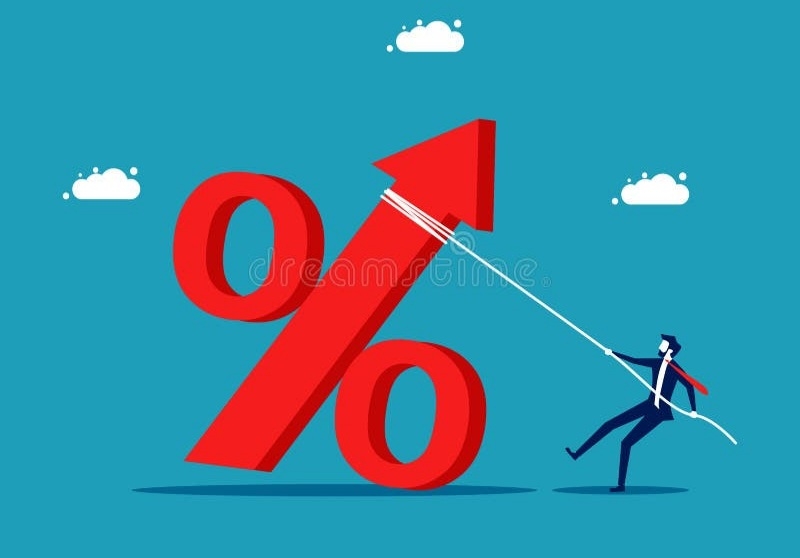Positive Effects:
Increased Affordability: Lower mortgage rates reduce monthly payments, making homes more accessible to buyers.
Lower interest rates are generally seen as a positive sign for the housing market because they make borrowing cheaper, increasing affordability for buyers and potentially driving up home prices due to higher demand. However, they are not always an unequivocal positive. Here’s why:
Positive Effects:
1. Increased Affordability: Lower mortgage rates reduce monthly payments, making homes more accessible to buyers.
2. Higher Demand & Price Growth: More buyers in the market can lead to price appreciation, benefiting sellers.
3. Stimulus for Construction & Investment: Lower rates encourage developers to build more homes and investors to finance real estate projects.
Potential Downsides:
1. Housing Bubbles: If demand surges too much, home prices may become overinflated, leading to a potential market correction.
2. Reduced Inventory & Competition: More buyers competing for fewer homes can worsen housing shortages, pushing affordability issues.
3. Economic Uncertainty: Sometimes, lower interest rates signal a struggling economy. If rates drop due to a recession, job insecurity may offset any benefits of cheaper loans
While lower interest rates can boost homebuying activity, they are not always a clear sign of a strong housing market. Other factors, such as supply levels, wage growth, and overall economic stability, play crucial roles in determining the market’s health.
More buyers in the market can lead to price appreciation, benefiting sellers.
Stimulus for Construction & Investment:
Lower rates encourage developers to build more homes and investors to finance real estate projects.
Potential Downsides: Housing Bubbles:
If demand surges too much, home prices may become overinflated, leading to a potential market correction.
Reduced Inventory & Competition:
More buyers competing for fewer homes can worsen housing shortages, pushing affordability issues
Economic Uncertainty.
If rates drop due to a recession, job insecurity may offset any benefits of cheaper loans.
While lower interest rates can boost homebuying activity, they are not always a clear sign of a strong housing market.
.
Other factors, such as supply levels, wage growth, and overall economic stability, play crucial roles in determining the market’s health.













